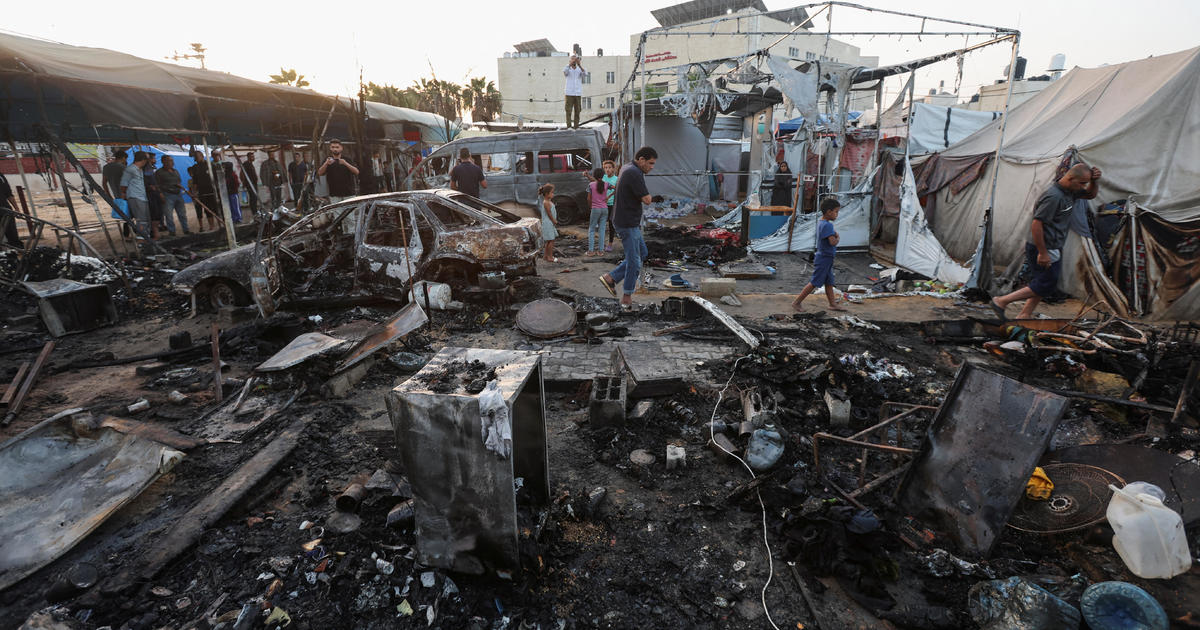The escalating conflict between Israel and several militant groups, including Hamas and Hezbollah, has resulted in a devastating humanitarian crisis, particularly in Gaza. The intense Israeli airstrikes, while ostensibly targeting militant infrastructure, have led to a significant number of civilian casualties, prompting international condemnation and raising serious questions about the proportionality and legality of the actions taken. This situation, compounded by the potential for further escalation with Iran, underscores the urgent need for a de-escalation strategy and a pathway towards a peaceful resolution.
Civilian Casualties in Gaza
The Israeli military’s ongoing operations in Gaza have tragically resulted in a substantial loss of civilian life. Reports from the Hamas-run health ministry cite numerous fatalities, including those resulting from strikes that hit civilian areas and even a hospital. The circumstances surrounding these incidents, including allegations of attacks on hospitals and the use of civilians as human shields, are deeply troubling and require thorough investigation.
The Al-Aqsa Martyrs Hospital Strike
The attack on Al-Aqsa Martyrs Hospital has drawn particular international outrage. Videos circulating online appear to show civilians being engulfed in flames following the airstrike. While the Israeli military claims the strike targeted a command and control center near the hospital, the sheer scale of the devastation and civilian casualties raises serious questions about the targeting accuracy and the proportionality of the response. The White House, while expressing concern, has stopped short of full-scale condemnation.
International Condemnation and Accountability
The high number of civilian casualties has drawn sharp criticism from international bodies and governments. Some members of the US Congress, notably Representatives Cori Bush and Alexandria Ocasio-Cortez, have voiced stronger condemnation, calling for an end to US weapons sales to Israel and characterizing the actions as a genocide. The disparity in responses highlights the sensitive political nature of the conflict and the challenges in achieving consensus on accountability for civilian deaths.
The Need for Independent Investigations
Given the conflicting narratives and serious allegations surrounding these incidents, the imperative for independent, impartial investigations is paramount. International bodies and humanitarian organizations should be granted full access to gather evidence and ascertain the facts of these attacks, ensuring transparency and holding accountable those responsible for violations of international humanitarian law. Transparency will be crucial to establishing accountability for the tragic losses of civilian life and deterring future similar incidents.
The Potential for Regional Escalation
The conflict in Gaza is part of a broader regional crisis involving Israel’s actions against both Hamas and Hezbollah. Israel’s responses risk escalating the situation far beyond Gaza, potentially involving Iran, with grave consequences for the region.
The Israeli Response to the Iranian Missile Assault
Following a major missile attack on Israel by Iran in response to the assassination of Iranian military commanders, Israel has vowed retribution. Fears remain that a wider response by Israel, potentially targeting Iranian nuclear or oil facilities, could trigger a devastating regional war.
The Role of US Foreign Policy
The US’s precarious balancing act in this crisis is central to avoiding a large-scale conflict. While attempting to support its ally Israel and prevent any aggressive actions that could embroil the United States, Washington faces significant challenges. The administration’s efforts to de-escalate, particularly through diplomatic channels and the subtle pressure against a disproportionate response by Israel, are critical, yet walk a delicate line.
Hezbollah’s Actions and the Displacement Crisis
Hezbollah’s cross-border attacks from Lebanon have caused widespread displacement both within Israel and Lebanon. The resulting humanitarian crisis for those forced to leave their homes places further strain on the regional stability. The numbers displaced are striking; significant populations have fled across borders, demanding humanitarian aid and security solutions, especially as winter approaches.
The Humanitarian Crisis and the Role of International Actors
The ongoing conflict has created a dire humanitarian crisis, particularly in Gaza, with critical shortages of food, water, medicine, and other essential supplies. The international community has a responsibility to address these pressing humanitarian needs.
Access to Aid and the Need for Safe Corridors
The access to aid is being hampered by ongoing fighting. The urgent requirement for establishing safe humanitarian corridors and ensuring safe passage for aid supplies and medical personnel to Gaza and southern Lebanon is paramount. Effective mechanisms to address these problems need to be deployed immediately by organizations such as the UN and various NGOs.
International Pressure for De-escalation
International actors must exert greater pressure on all parties involved in this conflict to de-escalate tensions and immediately seek a peaceful resolution. Focusing efforts toward dialogue and peaceful negotiations, especially between relevant regional and international stakeholders, are essential. Diplomatic efforts and humanitarian interventions are desperately required to find long-term resolutions that are far-reaching and meaningful.
The Path Forward: Towards Peace and Stability
The urgent need for a ceasefire is unquestionable, accompanied by mechanisms to address the root causes of the conflict, especially those involving sociopolitical inequalities. It needs to focus on finding a longer-term solution for regional peace and stability.
Negotiating a Ceasefire and Addressing Underlying Issues
All sides must actively engage in constructive dialogue with mediators. A viable ceasefire that leads to a comprehensive, durable peace agreement must be actively sought. Discussions around demilitarization and the disarming of parties should be initiated to start the de-escalation of the crisis.
Addressing Humanitarian Needs and Supporting Reconstruction
It is absolutely essential that humanitarian organizations receive adequate support to address the immense needs within affected populations. This includes comprehensive strategies to address immediate aid requirements, with a specific eye towards future infrastructure projects, including rebuilding housing, schools, hospitals and crucial civilian infrastructure damaged or destroyed in the fighting.
Takeaway Points:
- The conflict in Gaza has caused a massive humanitarian crisis, with significant civilian casualties.
- The potential for wider regional escalation involving Iran is very high, threatening international stability.
- International pressure is necessary to achieve a ceasefire and address the root causes of conflict.
- Addressing immediate humanitarian needs, reconstruction, and building a lasting peace should be urgent priorities for all involved parties.




